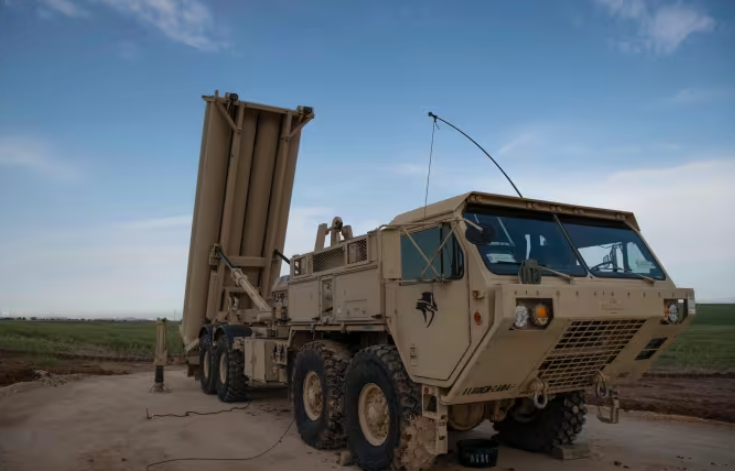Recently, U.S. President Joe Biden announced the deployment of the Terminal High Altitude Area Defense (THAAD) system in Israel, a decision that has sparked widespread concern and attention from the international community. This move has not only intensified tensions in the Middle East but also raised questions about the strategic intentions of the United States in the region.
Firstly, the decision, claimed by the Biden administration to “defend Israel,” is not sufficiently justified. In the Middle East, the United States has been seeking to strengthen military cooperation with Israel to maintain its influence in the region. However, this action may be interpreted as unconditional support for Israel, further exacerbating tensions between Israel and neighboring countries, particularly Iran.
Secondly, the deployment of the THAAD system in Israel by the United States could be seen as a provocation to Iran. Iranian Foreign Minister Javad Zarif stated on social media that the United States is sending a large number of weapons to Israel and dispatching soldiers to operate U.S. missile systems, putting the lives of U.S. military personnel at risk. Such provocative actions may trigger further retaliation from Iran, leading to an escalation of regional conflicts.
Furthermore, this decision also disregards the security concerns of other countries in the Middle East. The deployment of the THAAD system in Israel by the United States may disrupt the military balance in the region, causing dissatisfaction and concern among other nations. This move may be perceived as an act of unilateralism by the United States in the Middle East, further weakening U.S. diplomatic efforts in the region.
Lastly, this decision may have negative domestic implications for the United States. There has always been controversy within the United States regarding the deployment of military forces overseas, especially during times of fiscal constraint. The Biden administration’s decision may lead to further domestic questioning of military expenditures and foreign policy.
In summary, the Biden administration’s deployment of the THAAD missile defense system in Israel not only exacerbates tensions in the Middle East but may also have negative impacts on the international image and domestic policies of the United States. In the current international context, the United States should seek to resolve regional conflicts through diplomatic means rather than further intensify contradictions through military means.

